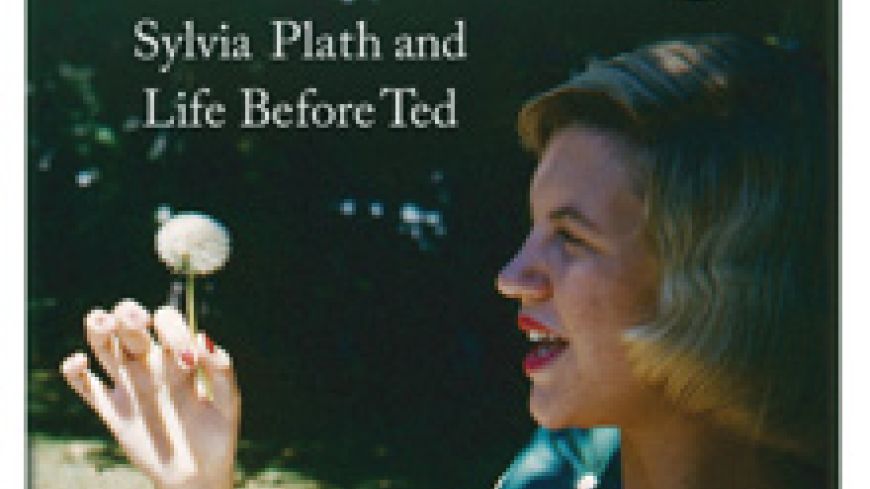
It is now fifty years since the tragic death of Sylvia Plath who committed suicide aged just 30.
She left behind not only a remarkable collection of poetry and a novel The Bell Jar, there were also notebooks, diaries and over 1,000 letters to her mother. Written when she went to Smith College, they give a vivid picture of her teenage years revealing her turbulent state of mind, self doubt and perfectionist determination to succeed.
Andrew Wilson’s new biography of Plath, “Mad Girl’s Love Song” presents a detailed insight into her childhood, family and relationships during the first twenty three years of her life before she met Ted Hughes.
Through understanding her turbulent early life, we can appreciate the deeper, darker subtext of her poetry. Hughes himself explained, “I never saw her show her real self to anybody …. her real self showed itself in her writing …it was as if a dumb person suddenly spoke”.
During this event chaired by Susan Mansfield, Wilson describes his extensive research into the archives, making contact with her student friends, reading personal journals, letters and unpublished material.
His aim was to connect how real events inspired the raw, disturbing, emotional nature of Plath’s poetry: her father (“Daddy”), died when she was 8 years old, “I shall never speak to God again”; the toxic relations with her pushy mother; her romantic encounters and mental breakdown experience in the autobiographical The Bell Jar. She was faithful to her life in her writing.
Moreover, as Wilson reminds us, the 1950s was a pre-feminist era when women graduates like Sylvia were expected to just become wives and mothers.
As a high achieving, extremely intelligent writer she had to shout louder to get her voice heard. In a review of The Colossus she is described as steering clear of “feminine charm, gentility ..and the act of being a poetess”.
On meeting Hughes, she found a like minded equal with whom as a poet she had to compete for literary attention in a male-dominated literary circle, and as his wife, fight in vain for his enduring love.
This was a fascinating discussion exploring the hidden truths into her life and work with a fresh perspective on the elusive identity of the “mad girl,” the genius, Sylvia Plath.
Dying
Is an art, like everything else.
I do it exceptionally well....
Out of the ash
I rise with my red hair
And I eat men like air.
'Mad Girl's Love Song: Sylvia Plath and Life Before Ted' by Andrew Wilson. (Simon & Schuster, 2013)

